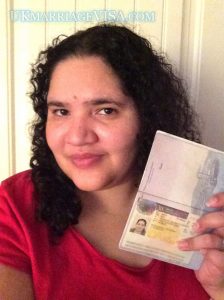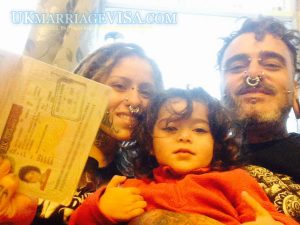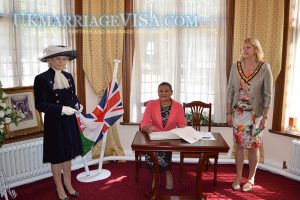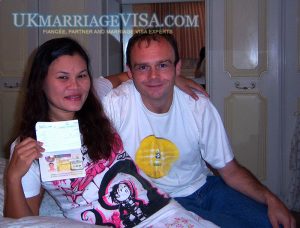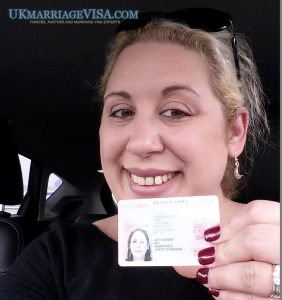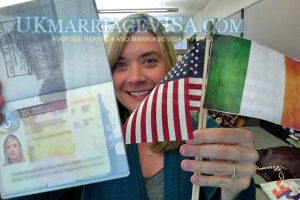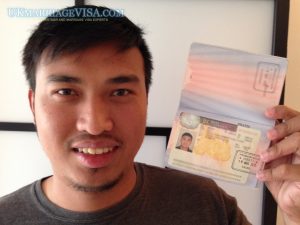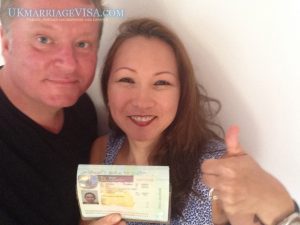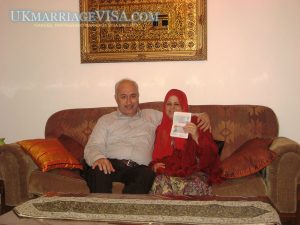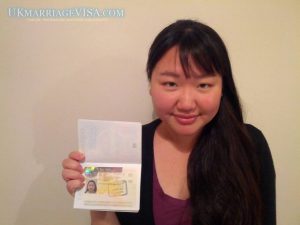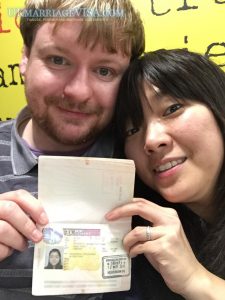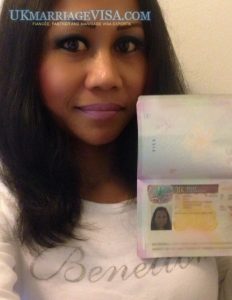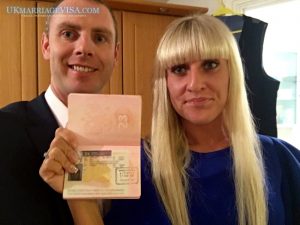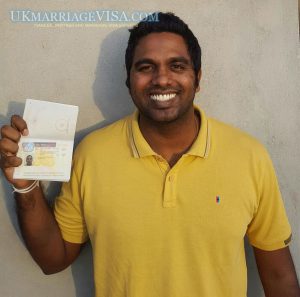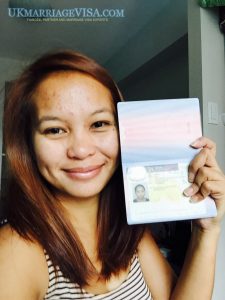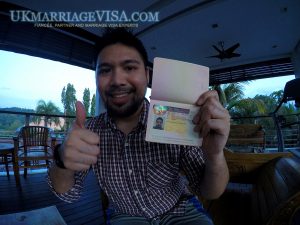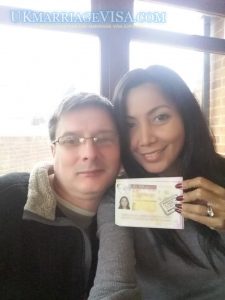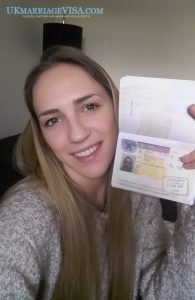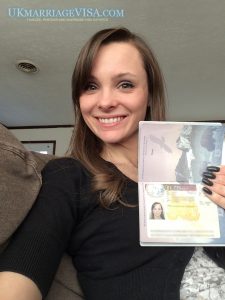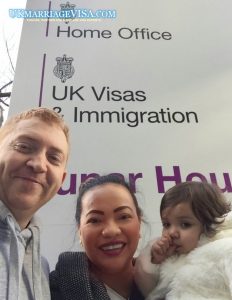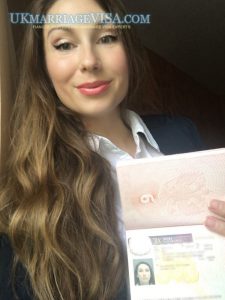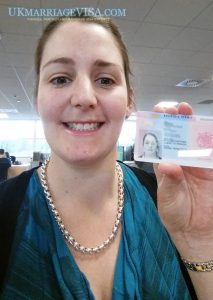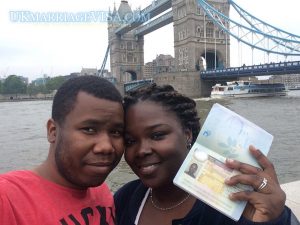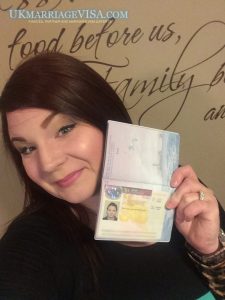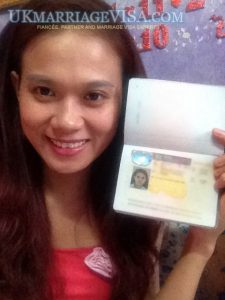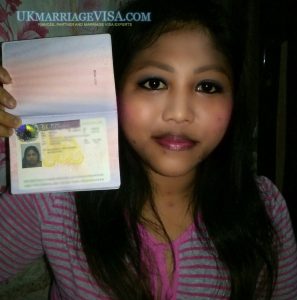UK immigration: de facto (unmarried) and civil partnership visas
The unmarried partner visa category is available to British Citizens and UK permanent residents who wish to bring their de facto partners to settle in the UK. A de facto relationship is one where two adults live together as a couple. The Latin phrase ‘de facto’, when translated literally, means ‘concerning fact’, but in its legal context means something which is not ordained by law but which exists anyway; in this specific case, a relationship. Most people still refer to a heterosexual couple in this kind of relationship as being ‘common law’ husband and wife. For the purpose of applying for a UK settlement visa, the couple must have been living together for at least two years immediately preceding the date of filing the application. The relationship may be a heterosexual or same-sex relationship, but partners must not be related by blood.
The length of time a UK partner visa holder will be allowed to stay in the UK, when approved by UK Visas and Immigration (UKVI), formerly UK Border Agency (UKBA), depends on where the original application was filed. For applicants currently in the UK on a long term visa valid for more than six months, it may be possible to switch to an unmarried (de facto) partner visa by applying for further leave to remain (FLR) from inside the UK. Short term visa holders are generally not eligible to apply for an extension or change conditions of their stay based on an existing relationship with a British Citizen or permanent resident. They are required to leave the UK to make a settlement visa application through the British Consulate or High Commission that has jurisdiction over their place of residence or country of citizenship.
When applying from within the UK, a visa (further leave to remain or FLR) will be valid for 30 months; from outside, 33 months. The initial visa can be extended for an additional 30 month period, which adds up to the five years which is the required length of stay for any person wishing to apply for permanent residence (indefinite leave to remain or ILR) in the UK. After five years on a probationary partner visa, it is possible to apply for settlement in the UK, but to qualify the applicant must still be co-habiting with the same partner and must also meet the new financial requirements which came into effect on 9 July 2012.
In order to make a successful de facto (unmarried) partner visa application, all the requirements listed below must be met, with no exceptions. The UK Border Agency (UKBA) requirements may apply to the applicant, the sponsor or both and must be supported with documentation where required. The basic eligibility criteria are as follows:
- Sponsor eligibility: The sponsoring partner must be ‘present and settled’ in the UK. This means the sponsor must be a British citizen (through birth, descent or by naturalisation) or a permanent resident of the UK with right of abode or indefinite leave to remain (ILR). If the couple are living together overseas at the time of application, the sponsor must prove intent to return to the UK before or at the same time as the applicant enters the country on a settlement partner visa.
- Minimum age requirement: Both parties to the application (applicant and sponsor) must be over 18 on the date of application. If the foreign partner is about to turn 18, and the sponsor is 18 or over, the UK Border Agency (UKBA) has the authority to issue a settlement visa on the condition that the applicant will not attempt to enter the UK before reaching the qualifying age. In such cases, the examining Entry Clearance Officer (ECO) may use discretion and defer the start date of the visa.
- Durable relationship: The couple must have been living together in a relationship akin to marriage or civil partnership for at least two years prior to application. Periods apart for up to six months may be acceptable for valid reasons, such as work commitments or family emergency as long as the couple can prove that it was not possible for both partners to travel together, and are able to demonstrate that the relationship subsisted despite being separated.
- Exclusive relationship: The applicant and their sponsor must pay particular attention to the requirement to show a genuine and exclusive relationship. Any previous marriages and civil partnerships must have been terminated by divorce, dissolution, annulment, or death. Any previous de facto relationships must have permanently broken down.
- Intention to live together: Both partners must intend to cohabit in the UK permanently. The examining UK Border Agency (UKBA) officials must be satisfied that the relationship was not entered into in order to evade UK immigration laws, and that both partners intend to continue living together in the UK if their settlement visa application is successful.
- Minimum threshold and accommodation: Applicants and their sponsors must meet certain financial requirements and have suitable accommodation in the UK. The minimum threshold to sponsor a foreign partner with no dependents is £18,600 per year, rising to £22,400 if there is one dependent child, £24,800 for two, £27,200 for three etc. There is an extra £2,400 for each additional child included in the partner visa application. There are some exceptions to this rule (for example for those receiving disability benefits), but the vast majority of sponsors are required to show that there is enough money available from all sources to meet the requirement. Sponsors may rely on income from employment or self-employment and/or other personal financial resources such as savings (except for self-employed sponsors who are not allowed to combine their income with savings) or non-employment sources of income and permitted benefits, sufficient to maintain the applicant in the UK as defined in the new Rules.
- English language requirement: With some exceptions, foreign nationals applying for a de facto (unmarried partner) visa will need to prove their proficiency in the English language. A mandatory test has been in place since November 2010 and applies to anyone wishing to obtain a UK settlement visa, whether as a fiancee, proposed civil partner, husband, wife, civil partner, or unmarried (de facto) partner of a British citizen or permanent resident. Applicants who are citizens of predominantly English-speaking countries are not required to take the test. If the applicant was taught mainly in English and has qualifications from a country where English is not generally widely spoken, they may rely on their academic qualification instead of taking the English language test. This must be the equivalent of a UK Bachelor’s Degree awarded by a body recognised by UK NARIC (National Recognition Information Centre).
- Health requirements: In some countries, such as the Philippines, India, Pakistan, Thailand, Kenya, Uganda, Ghana and many others, applicants are required to undergo a mandatory medical examination as part of the application process to confirm that they are free from infectious tuberculosis (TB).
UK settlement visa for same-sex couples and registered civil partners
The same rules and regulations outlined above apply to same-sex couples living together in a de facto relationship. In order to qualify for a UK settlement visa, the same eligibility criteria must be met regarding the settled status of the sponsoring partner, age of the applicant, sponsor’s ability to support the applicant without recourse to public funds and meet the minimum threshold requirements, as well as the genuine and subsisting nature of the relationship.
For those couples already in a registered civil partnership, the conditions to be met are quite similar to those which apply to married couples. Civil partnership allows same-sex couples to have their relationships legally recognised and have the same rights as a married couple in areas like health, insurance, tax and immigration benefits. However, to be considered as having a civil partnership ratified in another country for the purpose of applying for a UK settlement civil partnership visa, the same-sex relationship must be listed as a foreign civil partnership recognised in the UK, or satisfy the ‘general conditions’ detailed in section 214 of the Civil Partnership Act 2004. These conditions include the relationship being exclusive and of an indeterminate duration, and result in the couple being seen or treated as married under the law of the country or territory where the civil partnership was registered. If the couple form a civil partnership overseas that is not recognised in the UK or cannot meet the requirements of the general conditions, the foreign partner may apply for a settlement visa to live and work in the UK under the de facto provisions.
Please complete our UK partner visa assessment form on the right hand side to find out if you meet the requirements to apply for a settlement de facto (unmarried partner) or civil partnership visa. Our professional UK visa consultants will contact you within 24 hours of receipt of your enquiry. Please provide us with your name, email and daytime phone number so we can call you to discuss your case. The initial no obligation consultation is free of charge.

Kemp House
152-160 City Road
London EC1V 2NX


